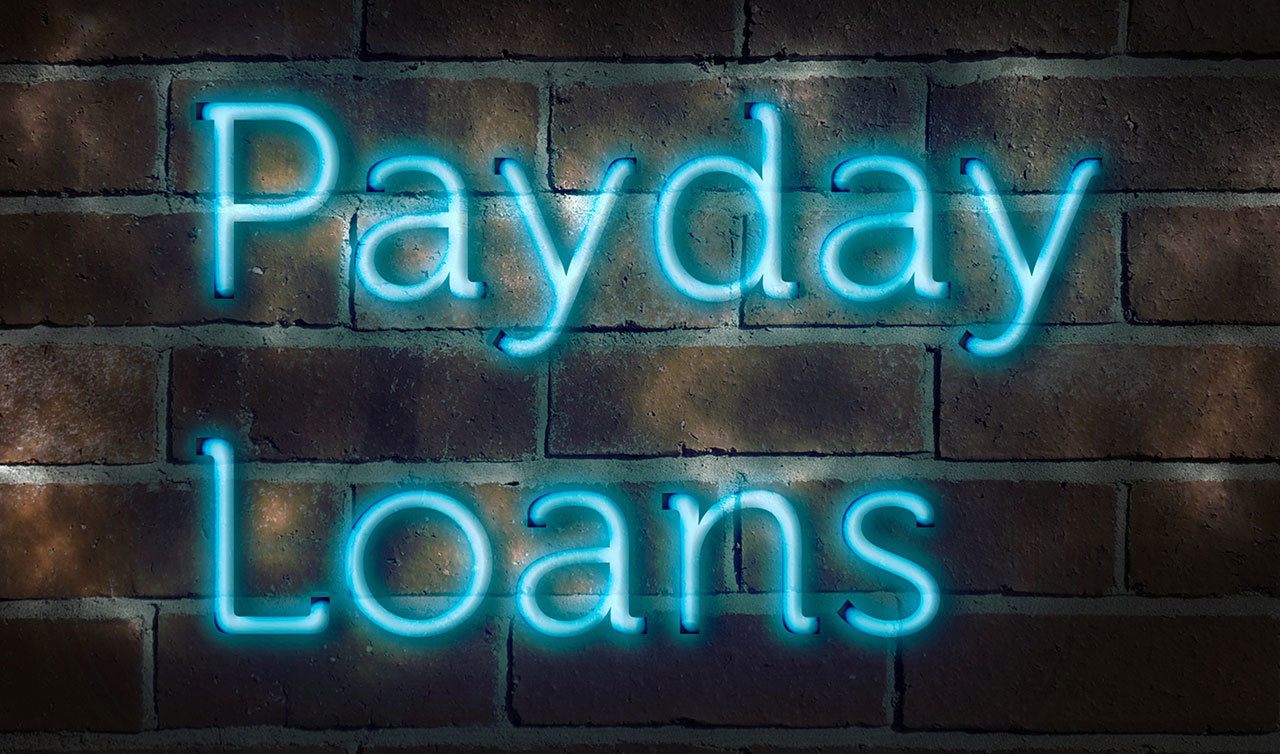By The Herald Editorial Board
With the public comment period closing Oct. 7 on the federal Consumer Financial Protection Bureau’s proposed rules for the payday loan industry, the Washington Public Interest Research Group has released a report that adds weight to need for reforms sought by the federal consumer watchdog and calls for even stronger requirements.
Some 15 million Americans each year, many of them low-income, financially strapped and with few other options to gather cash during an emergency, turn to payday loans, car-title loans and other high-interest borrowing, generating about $7 billion in fees for lenders from short-term interest rates that average about 391 percent in the 36 states where they are allowed.
Earlier this year, the CFPB proposed new rules that would require payday lenders to verify the borrower’s income and their ability to repay the money that they borrow.
At the time of rule was proposed, the Pew Charitable Trust, which has followed the issue for several years, encouraged the CFPB to go further and limit the monthly installment payments to 5 percent of a borrower’s paycheck. A $400 loan, for a car repair, for example, could be paid back over three months and cost the borrower $50 to $60 in interest charges. That’s not a low interest rate, but it’s an affordable one.
The need for a shorter leash on the industry is clear, according to the WashPIRG report, which analyzed complaints filed with the CFPB about payday and other high-interest loans. The CFPB has been accepting complaints for more than two years, sometimes resulting in agreements between borrow and lender to extend relief to the borrower.
Earlier in the year, the federal agency opened up its Consumer Complaint Database to public view, allowing consumers to file complaints but also to read the complaints of others. Think of it as Yelp for the financial industry.
WashPIRG analyzed the complaints on file — some 10,000 within the last two-and-a-half years and 1,600 since March — against the payday loan industry. The review of the complaints found 91 percent of complaints addressed issued of unaffordability, abusive debt collection practices, bank account closures, long-term cycles of debt and bank penalties for overdraft fees following collection attempts.
More than half of the complaints were made against just 15 companies, including some that do business in Washington state or are available online to state residents, such as CashNetUSA.
Another two, CashCall and Western Sky Financial, entered into a settlement with the state Department of Financial Institutions in October 2015, agreeing to pay $1.9 million in over-payment refunds and zeroing out the principal balance for some borrowers.
In an example provided by the state agency, a borrower taking out a $1,500 loan would have paid a $500 origination fee and an annual interest rate of 149 percent. Over the course of two years, assuming payments were made on time, the borrowing costs on the $1,500 loan would have amounted to $4,800. CashCall’s license to operate in Washington state was revoked. Western Sky never had a license to do business in the state.
Like Pew, WashPIRG also is recommending tighter controls.
While the rule proposed by the CFPB would require lenders to confirm a borrower’s ability to repay the loan, payday lenders are exempt from the rule for up to six loans a year per customer. The rule, as proposed, ignores the debt trap that is common for many borrowers who, when they can’t afford to repay the original loan, borrow again to repay the lender, creating a cycle of debt and ever-increasing fees.
WashPIRG wants that loophole closed, and it should be.
Washington residents have better protection, thanks to state law that Pew has praised as offering some of the best regulation in the nation. Payday loans are limited to a maximum of $700 at a time. Not more than eight loans can be taken out in a 12-month period. And fees are limited to 15 percent on amounts of $500 or less with an additional 10 percent for amounts over $500.
For many payday loans are a necessity when there’s an unexpected medical bill, car repair or other household expense. But using those loans shouldn’t expose people to spiraling debt and a bigger financial headache.
Comment on rule
To submit a comment on the CFPB’s payday loan rules email FederalRegisterComments@cfpb.gov or comment online at www.regulations.gov.
Talk to us
> Give us your news tips.
> Send us a letter to the editor.
> More Herald contact information.

























